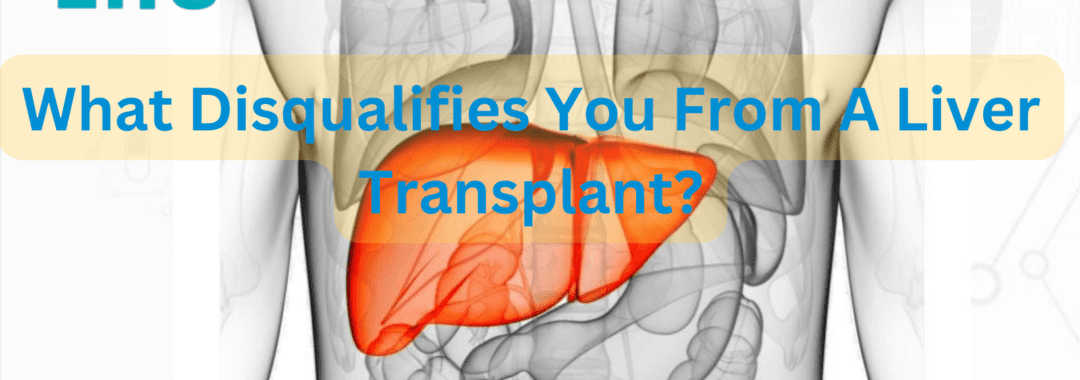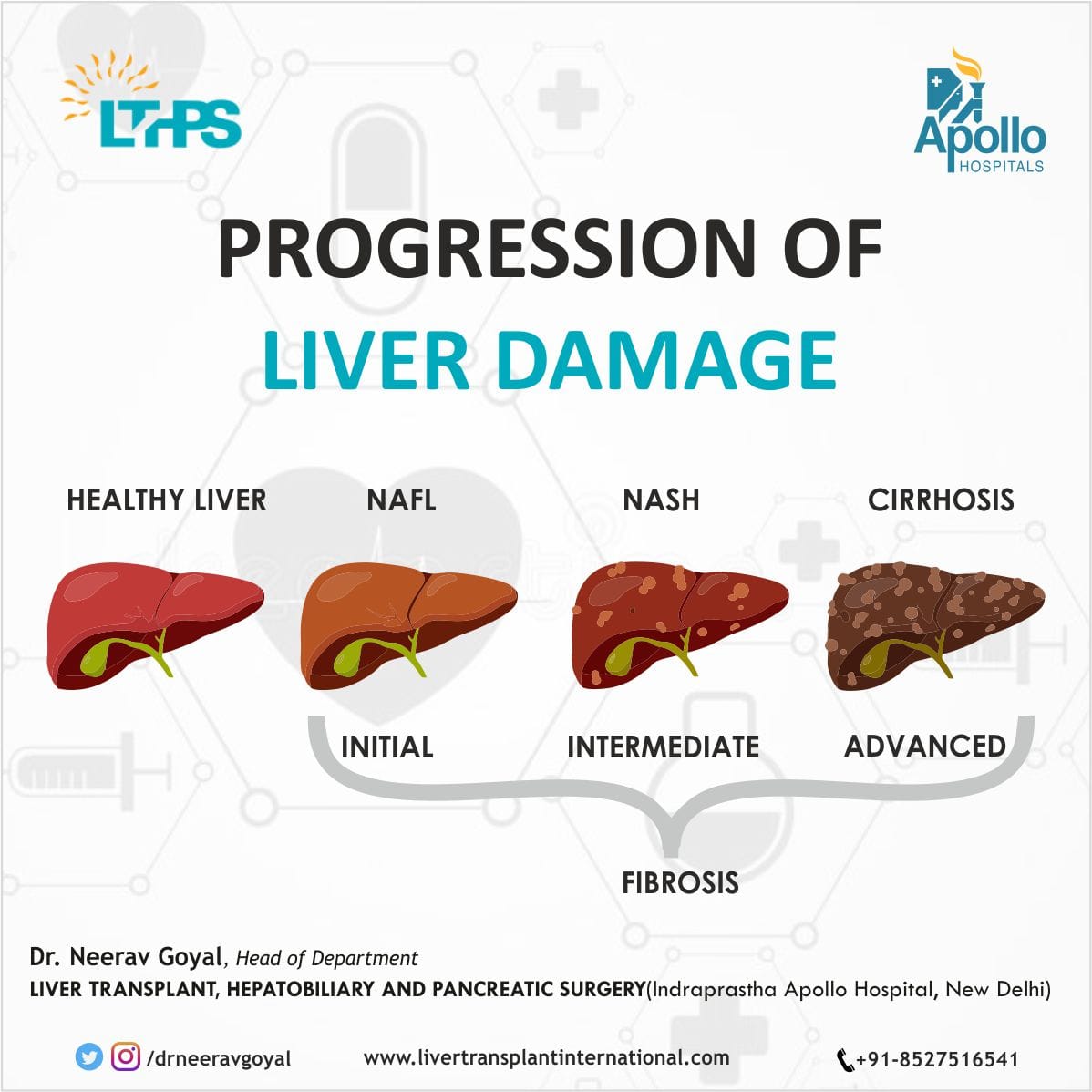A liver failure would be exceedingly harmful because the liver performs vital synthesis, heat generating, filtration, and regulating functions. At the turn of the century, a few mechanical liver devices were being created for support therapy before liver transplantation.
A liver transplant operation involves removing a sick or injured liver and replacing it with a healthier one.
It is typically advised when the liver is severely damaged and unable to carry out its regular duties; which is termed as a liver failure or an end-stage liver disease.
Alcohol, sickness, and infections can all cause the liver to deteriorate gradually. The scarring of the liver brought on by this injury is called cirrhosis. Additionally, liver tissue inflammation and degeneration can result in a liver failure that happens very quickly (Necrosis).
Effects of liver transplant
A transplanted liver segment can reach its full size in a few months since the liver is the unique part of the human body that can regenerate or grow again. A diseased or damaged liver from one person is surgically removed and replaced with a whole or part of a healthy liver from another person, known as a donor, during a liver transplant. For people, liver transplantation is not an option.
Non Eligible criteria for liver transplants
- Here is the list of who is considered as the reason which disqualifies individuals from liver transplants.
- Older than 65 and suffering from another major illness.
- With severe organ damage brought on by diabetes.
- With extreme satiety.
- With severe and ongoing liver conditions like hepatitis B.
- Who is now using drugs and alcohol?
- Whose infection is severe or uncontrollable (Human Immunodeficiency Virus [HIV]).
- Who has been identified as having solid cancers such as lymphomas, bone, bile duct, and plasma-type cancer?
- Accompanied by the failure of organs other than the liver.
- With a sickness or brain injury that is irreparable.
- With severe, incurable heart, liver, and lung conditions.
- Who has a portal vein thrombosis diagnosis (PVT)? It is a vascular condition of the liver that develops whenever a blood clot forms in the central portal vein, which can cause the portal vein tract to become more influenced and ultimately causing reduction in the amount of blood reaching to the liver.
- Hepatorenal syndrome (HRS) – HRS is a form of progressive kidney impairment most frequently brought on by cirrhosis in persons who have experienced extensive liver damage. The body starts to accumulate toxins as the kidneys quit working. This eventually results in liver failure.
- Along with pulmonary hypertension, it is a disorder where the blood pressure in the arteries that supply the lungs is elevated. Difficulty breathing, syncope, fatigue, chest pain, swollen legs, and a rapid heartbeat are among the symptoms.
- Exercise could be strenuous because of the condition.
- In the case of autoimmune illnesses (multiple sclerosis, rheumatoid arthritis, etc.).
Eligible criteria for liver transplants
- The following is the list of folks who are eligible for liver transplants.
- A patient will never be considered a transplant candidate based on race, gender, religion, national origin, ethnicity, or sexual orientation.
- Since a liver transplant requires serious surgery, a patient must meet several requirements, including:
- A liver transplant may boost a patient’s quality of life.
- The patient shouldn’t have any other illnesses that are incurable or make it unlikely that they will survive the transplant procedure.
- All alternative medical or surgical treatments have either failed or are not the best option for the patient.
- The patient and their support networks (family and friends) are aware of and willing to accept the risks of receiving a liver transplant.
- The patient’s support network is fully dedicated to and complying with what is required before and following the transplant to ensure the procedure’s success.
- This would entail having access to money for the transplant process, drugs used after the transplant, and other healthcare expenses.
- The patient financial liaison and social worker can help the patient identify alternative means of paying for their care.
Liver transplant indications
- The following are some liver transplant indications:
- The patient has sudden onset liver failure.
- The patient has long-term cirrhosis, a liver ailment.
- The individual has a liver condition that could cause death or lower quality of life.
- The patient received therapies, but they were unsuccessful.
- The patient has conditions such as primary biliary cirrhosis, biliary atresia, and primary sclerosing cholangitis that impair the bile ducts, which are the tubes that transport bile away from the liver. The most frequent cause of a pediatric liver transplant is biliary atresia.
Conclusion
The success of liver transplants primarily depends on the donor’s livers; choosing a suitable donor is crucial for liver transplantation. While all the information is provided, not everyone qualifies for this process. There are requirements for this procedure.


